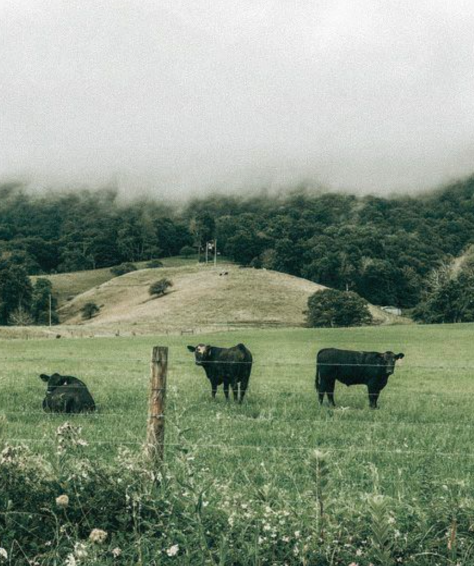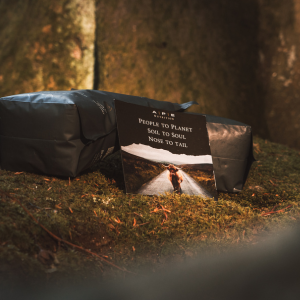At the moment there’s a huge amount of pressure on individuals to reduce their carbon footprint. We keep seeing big corps continually doing catastrophic damage to the environment, whilst simultaneously boasting about the steps they are taking to become greener companies. Something didn’t feel right… so we did some digging.
The first red flag we discovered was that the term “carbon footprint” wasn’t pushed into the mainstream by a caring environmental group. It actually was popularised by oil and gas giant BP, which seems crazy. Why would a company that does so much damage to the planet push a term that could potentially highlight its numerous ocean oil spills and toxic chemical usage?
As the environmental movement grew in the 1950’s, people were rightly starting to point the finger at big energy corporations. BP saw the writing on the wall and wanted to recreate their image. They hired public relations company Ogilvy & Mather, spending $250 million on a campaign to shift the spotlight away from them. They framed themselves as driving the climate movement, claiming that instead the fault lies with the individual.
Being a massive global company with billions of dollars at their disposal, they were able to spread this message far and wide, even creating the first carbon footprint calculator for individuals to check their own impact. This was all done to protect their image and divert attention.
Whilst publicly claiming that they were leading the charge in green energy solutions, they were in fact spending far more on the marketing campaign and only a fraction on any real steps. 96% of their capital was spent on expanding their oil and gas business, with only 4% going on green energy research or solutions.
With so much pollution and toxicity being poured into the environment by this company, it amazes us how people are believing their marketing and now are starting to point the finger at cattle rather than addressing the real problem of these major corporations. For example, the BP oil spill known as Deep Water Horizon which was one of the largest environmental disasters in history, saw 210 million gallons of oil entering the water. It destroyed 50% of marine life it encountered, whilst spreading cancer causing chemicals into the water systems and releasing polluting fumes into the air. If anyone needs to be blamed for damaging the environment, it’s these companies, not your local family run farm.
The current mainstream narrative is to encourage people to eat less meat, as a way to “save the planet”. However, when we look past the marketing and focus on the stats the story is a lot different. A study carried out by the Environmental Protection Agency in 2016 showed that; transportation (28.5%), electricity generation (28.4%), industry (21.6%), commercial (6.4%), residential (5.1%), crops (4.7%) all produced more GHGs than livestock (3.9%) of which beef only made up 2%.
We see the spotlight turned on to beef, whilst these companies continue operate as usual year after year. They avoid the blame by using their massive profits to hide behind clever media campaigns. As a result, we see every news outlet sharing ‘expert’ opinions calling for us to eat less meat in order to save the planet. This disproportionate focus on cattle is unwarranted compared to the impact these huge energy companies are having. Especially when regeneratively farmed beef has actually been shown to be a carbon sink, meaning for every pound of beef produced more carbon is sequestered into the soil than is given off. All whilst enriching the soil and working in harmony with the environment. Farming done right, in alignment with nature, presents a huge the solution to the damage that has been caused to our environment and is a route to creating a thriving ecosystem.
There’s definitely a lot more to this topic than first meets the eye. In order to discover how we can best support the planets health and our own we need to look beneath what’s being portrayed on the surface and take sovereignty back.






